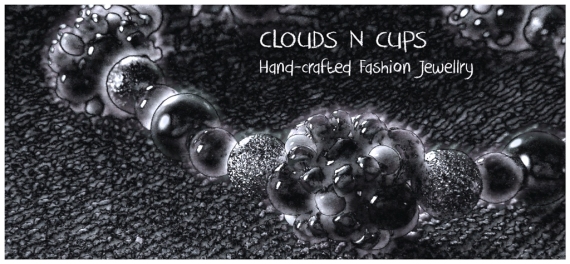
Allow me to be the reason behind your smile ~ unknown
CUTENESS is usually characterized by some combination of infant-like physical traits, especially small body size with a disproportionately large head, large eyes, a pleasantly fair, though not necessarily small nose, dimples, and round and softer body features.

Konrad Lorenz argued in 1949 that infantile features triggered nurturing responses in adults and that this was an evolutionary adaptation which helped ensure that adults cared for their children, ultimately securing the survival of the species.
As evidence, Lorenz noted that humans react more positively to animals that resemble infants—with big eyes, big heads, shortened noses, etc.—than to animals that do not.

The gender of a person can determine their perception of the difference in cuteness.
In a study by Spengelmeyer et al.(2009) it suggests that women were more sensitive to small differences in cuteness than the same aged men.
This suggests that reproductive hormones in women are important for determining cuteness.

The widely perceived cuteness of domesticated animals, such as dogs and cats, may be due to the fact that humans selectively breed their pets for infant-like characteristics, including non-aggressive behavior and childlike appearance.
Studies have also shown that responses to cuteness—and to facial attractiveness in general—seem to be similar across and within cultures.
The phenomenon is not restricted to humans. The young of many mammal and bird species share a similar set of typical physical proportions, beyond absolute body size, that distinguish them from adults of their own species.

In the recent finding of a juvenile Triceratops skull, one journalist suggested its features, which included “a shortened face and big eyes”, were “probably as cute as a button – at least to its mother”.
Read more at: http://en.wikipedia.org/wiki/Cuteness

The word cute is pronounced as ‘ke ai’ (可爱) in Mandarin.
Sadly, there was a period of time when people had misused these two words by calling females ‘ke ai’ but actually meant ‘ke lian mei ren ai‘ (可怜没人爱 – You are pitiful because nobody loves you).
可怜 (ke lian) – pitiful
没人 (mei ren) – nobody
爱 (ai) – Love
Fortunately I’ve not been hearing this cruel joke nowadays, so GOOD RIDDANCE!!!

Now, for the ‘Your Favourite Christmas Song‘ section, we’ve another lovely soul, Tessa William, who has the same favourite Christmas song as Findthedetails (posted in Part 5 ) — Fairy Tale of New York.
Since the first song was actually a video provided by the lovely soul him/herself, I will have another YouTube video, in this case, the link, dedicated specially for Tessa as the video just wouldn’t appear in this post… 😦
Hope you all enjoy this post.
Till then,
Cheers & TTFN~ 😀




 Credits: All cute and lovely pictures found in this post are downloaded from FreeDigitalPhotos.net
Credits: All cute and lovely pictures found in this post are downloaded from FreeDigitalPhotos.net









































